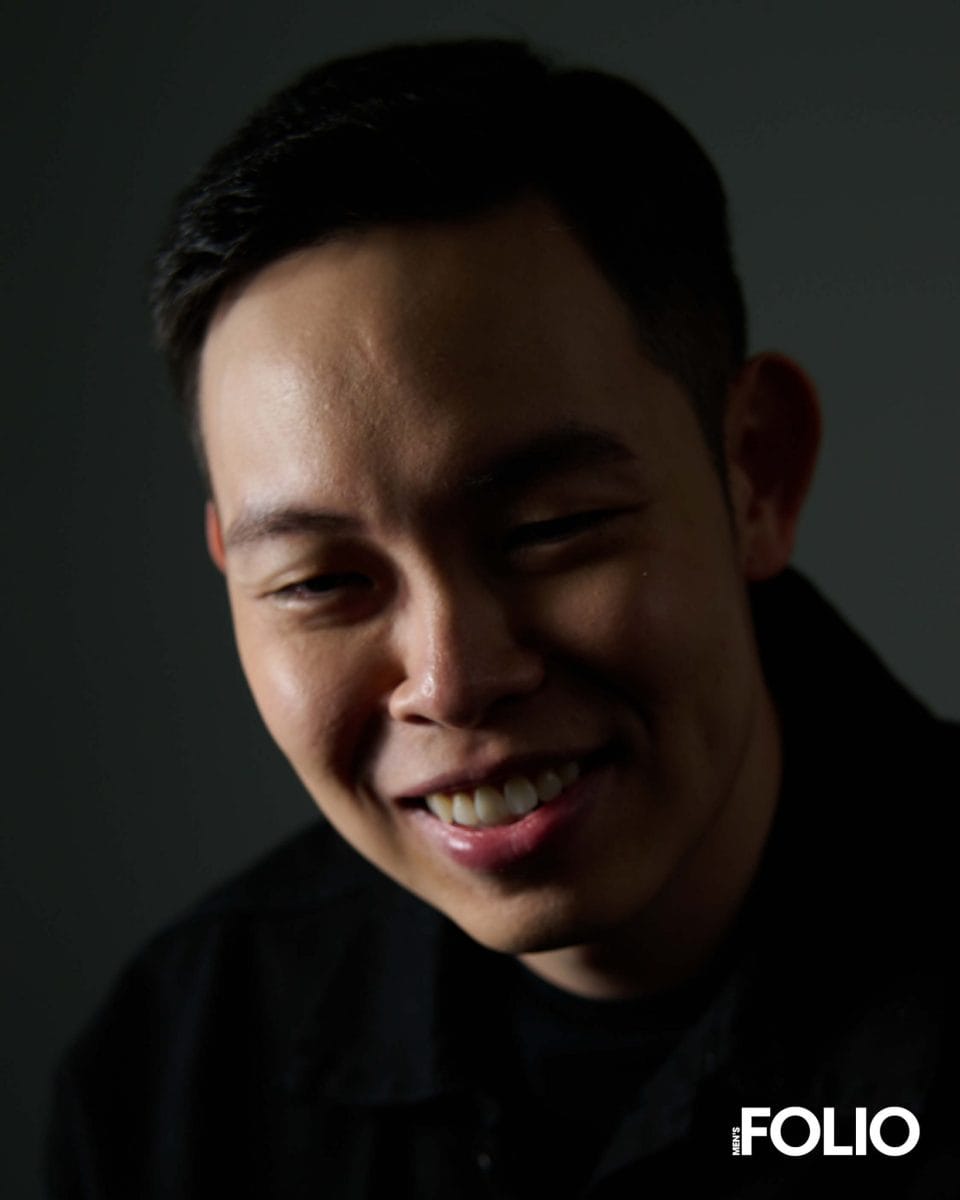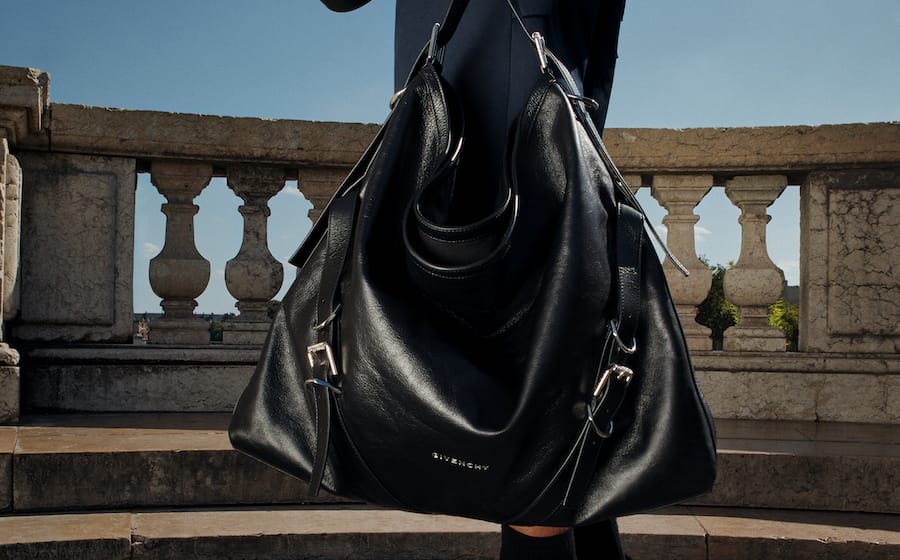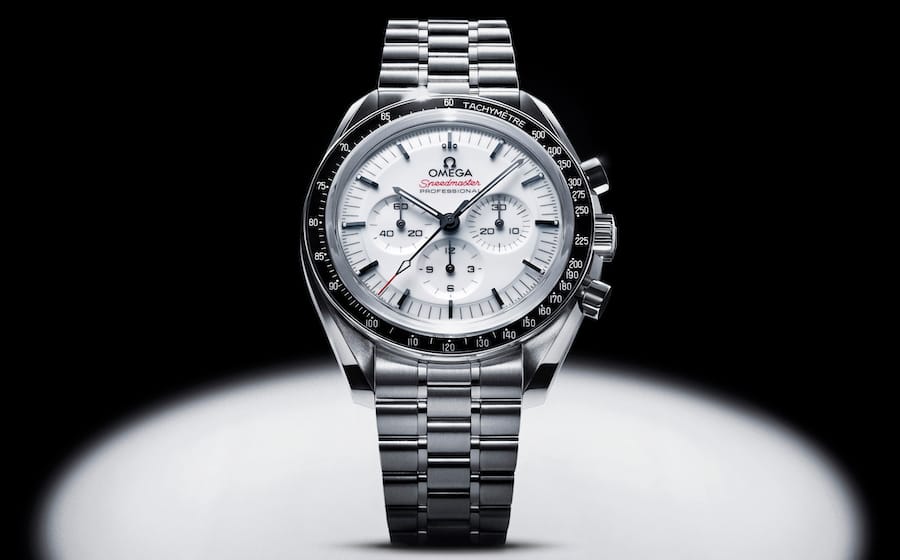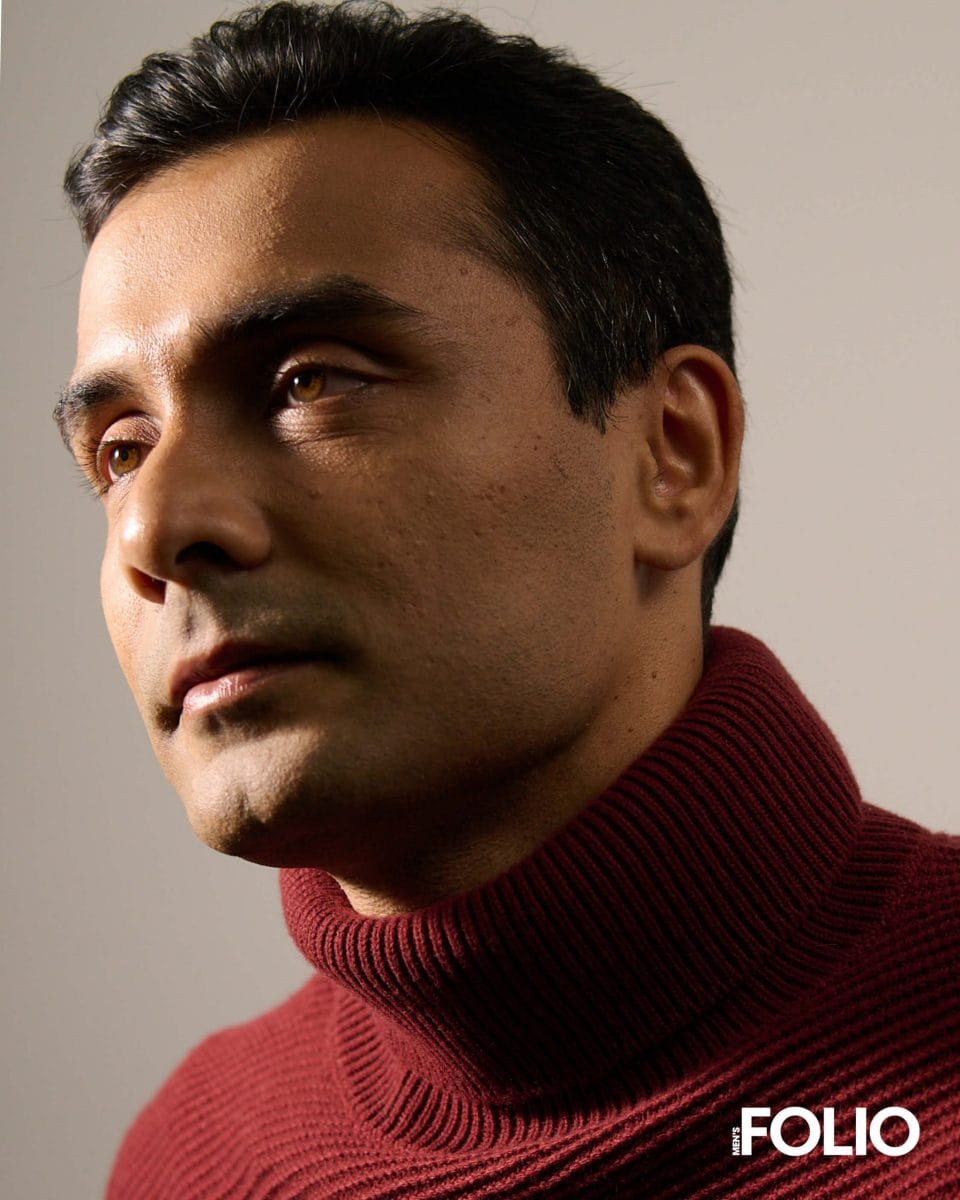 How much heart is required to ignite innovation? Three science scholars share the roles love can play in their lifelong passion project to advance humanity.
How much heart is required to ignite innovation? Three science scholars share the roles love can play in their lifelong passion project to advance humanity.
Science is a field of optimism — it believes in the change of a once inevitable future. The people fueling its progress dedicate entire livelihoods to loving those beyond their immediate communities, sometimes even loving things and beings that have not been given a name.
How does that willingness to constantly come face-to-face with the unknown develop? How does affection arise in a world of idiosyncrasies, all of which have no guarantee of being resolved? From falling in love with the field to all the pivotal moments in research that have shed new light on the meaning of love, Men’s Folio invites three humans of science to share in their words, what to them lies at the heart of science.
Dr Anuj Jain (pictured above)
Founding Director of bioSEA, Ecology & Biomimicry Design — tropical ecologist and certified biomimicry professional
“I fell in love with nature from an early age. Nature is almost spiritual — god-like for me. I turn to it for answers and feel deeply connected to mother nature and its larger system. I may not say it, but I feel disappointed when people disrespect our planet by damaging nature, littering or incinerating our waste. Perhaps that’s love on an earthly scale? But it also goes the other way. I am drawn to people who care about the planet and nature. My wife is an example. She didn’t start out in nature, but her love for it has definitely grown with time.
Like my dad, my first degree was in engineering. I think I inherited his analytical approach to problem-solving. But I quickly realised that I was looking for a bigger purpose to design or engineer material objects. I was drawn to the natural sciences and by way of extension, ecology and biomimicry. Biomimicry is about learning from nature to design better and sustainably. Deep inside, I am always looking to combine nature, design, people and the planet. With this thrill of understanding nature, its processes and systems, I continue to love and enjoy what I do.
But it is also easy to love nature. I ended up studying butterflies for my PhD degree. I love them. I can say the same for birds and trees, especially parrots. I had two parrots as pets in the past. It makes me happy to see them and hear their calls. I dream about what it must be like to be a parrot – they are social animals – to fly the skies, shriek, find food and love, and make sense of your world from the sky.
So for me, love is about being drawn towards someone or something we care about deeply. The draw or pull is hard to explain, but we all know what it feels like. Love is also like a support system. I need it most when I am down during moments of self-doubt, stress or anxiety. At that time, I need my friends and family to accept me unconditionally. But it also just takes a nature walk to calm me down. ”
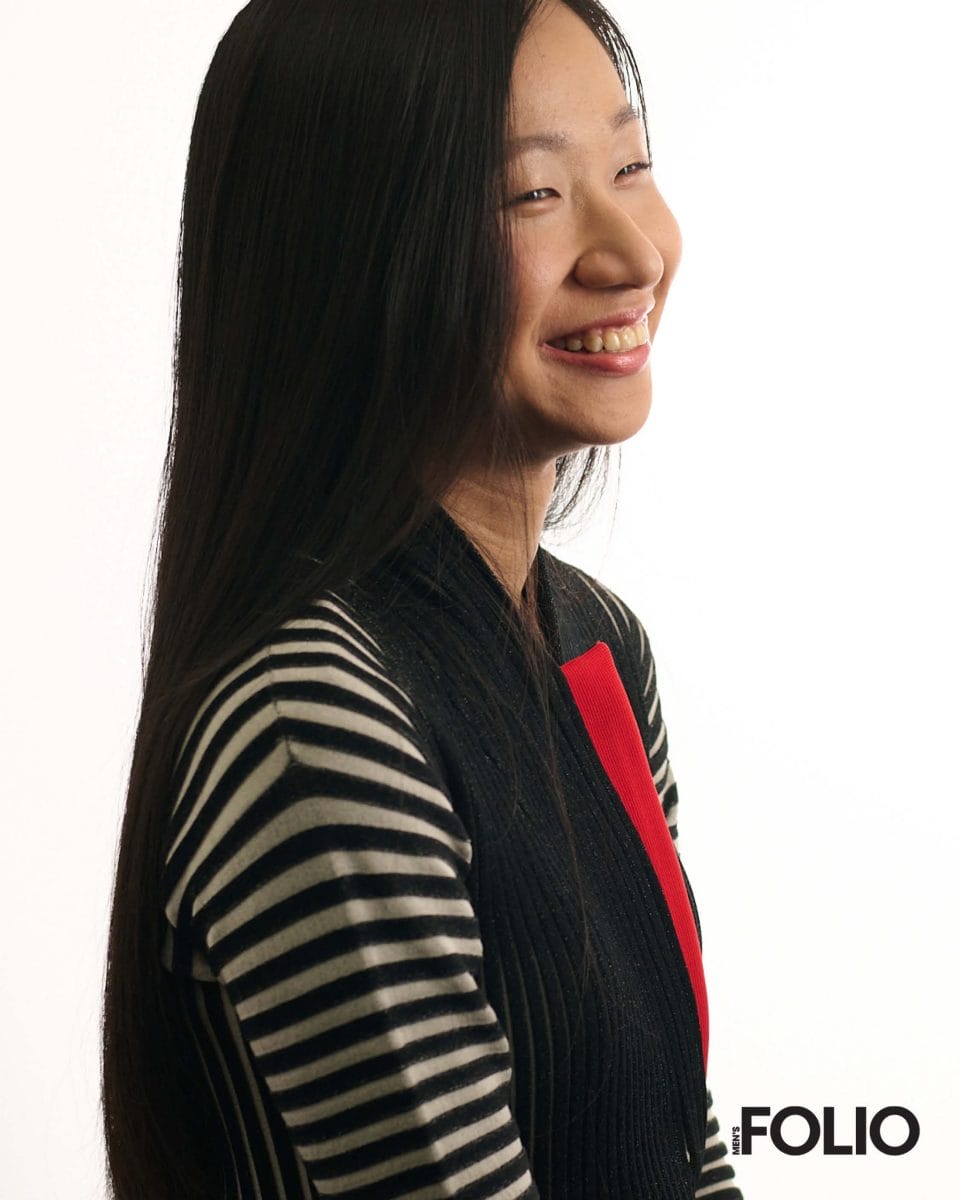
Yong Lyn
Graduate Research Assistant of Paul Klenerman’s Lab at Nuffield Department of Medicine (NDM) Experimental Medicine, University of Oxford
“My love for science did not start from a single, specific moment. It was gradual and grew out of fascination. The more I learnt, the more I realised what I didn’t know, which made the desire to try to resolve the unknown even stronger. I’ve come to define my love for science as a purpose in life and not just a nine-to-five job — it is closer to having a passion that I can still keep a living on.
Ultimately, I am just a nerd that is slightly obsessed with the work I do. I don’t necessarily associate myself with “lovable”, but I like the version of myself that gets involved in heated discussions about things I truly care about and the moments before it gets too obsessive. I think this happens to everyone, not just in science. When people are in the zone of something they are passionate about, they are the most attractive.
But science comes with this whole element of duty. I know a lot of researchers these days seek to bridge the gap and work towards things that can be applied to the clinical bedside to improve the lives of others, and I admire them for their work. But I am more interested in deciphering the whys and hows of the world. What I like and want to do is best at where I am right now, so there are currently no greener pastures for me. After all, I wouldn’t be in academia if I were in it for the money.
I’m quite lucky that the nature of my work isn’t “it worked or didn’t work”, so I don’t experience failure the same way others do. I make a choice to go to the lab to follow through with experiment plans, even if I am down with a cold. I see it as love combined with responsibility — because I love what I do, I naturally feel responsible to push on.”
Dr Andy Tay
Presidential Young Professor in the Department of Biomedical Engineering, National University of Singapore and Principal Investigator at the Institute of Health Innovation & Technology and NUS Tissue Engineering Programme
“To me, loving something or someone means offering committed support during challenging times. This definition comes from growing up in a family that had not been well-to-do, but also seeing several of my extended family members suffer from cancer makes me more driven to develop technologies to treat it.
As a researcher, I also face challenges daily in the form of unsuccessful experiments. I have also met people who do not see the value of research and want a product out of my lab in a month. These obstacles are important because they remind me that if I truly love science and research, I should not give up on it that easily. I choose to persevere because I believe my work can generate an impact on society; and just as my first love or “crush” for science, my junior college H2 Biology Teacher, Mrs Jismy Lam, and subsequent mentors, Professor Lim Chwee Teck and PhD supervisor, Professor Dino Di Carlo have inspired and encouraged me to chase my dreams. I believe my growth as an academic researcher can also help my students love the field of science in the same way.
I am tempted to say that I feel most lovable about my role as a scholar when I publish well and get top grants and awards, but I realise this is not “lovable” but rather the feeling of being valuable, which people often mix up with. Each component of my job can contribute greatly to education and technology to benefit society, making me value my job and myself more. But as a person, I feel the most intense love during difficult times and I feel loved knowing that family and friends are always there to support me no matter the hardship.”
Photography Jaya Khidir
Interview Charmaine Tan
Styling Manfred Lu
Grooming Beno Lim using M.A.C Cosmetics
Once you’re done with this story, click here to catch up with our February 2023 issue.

